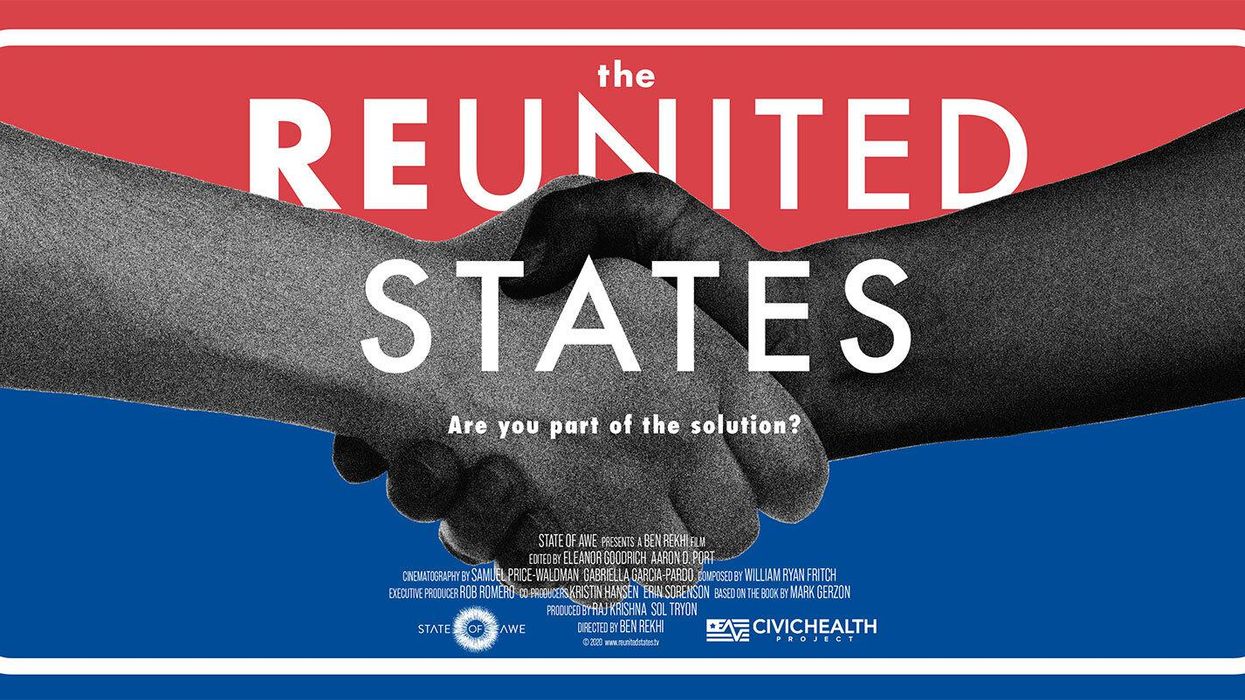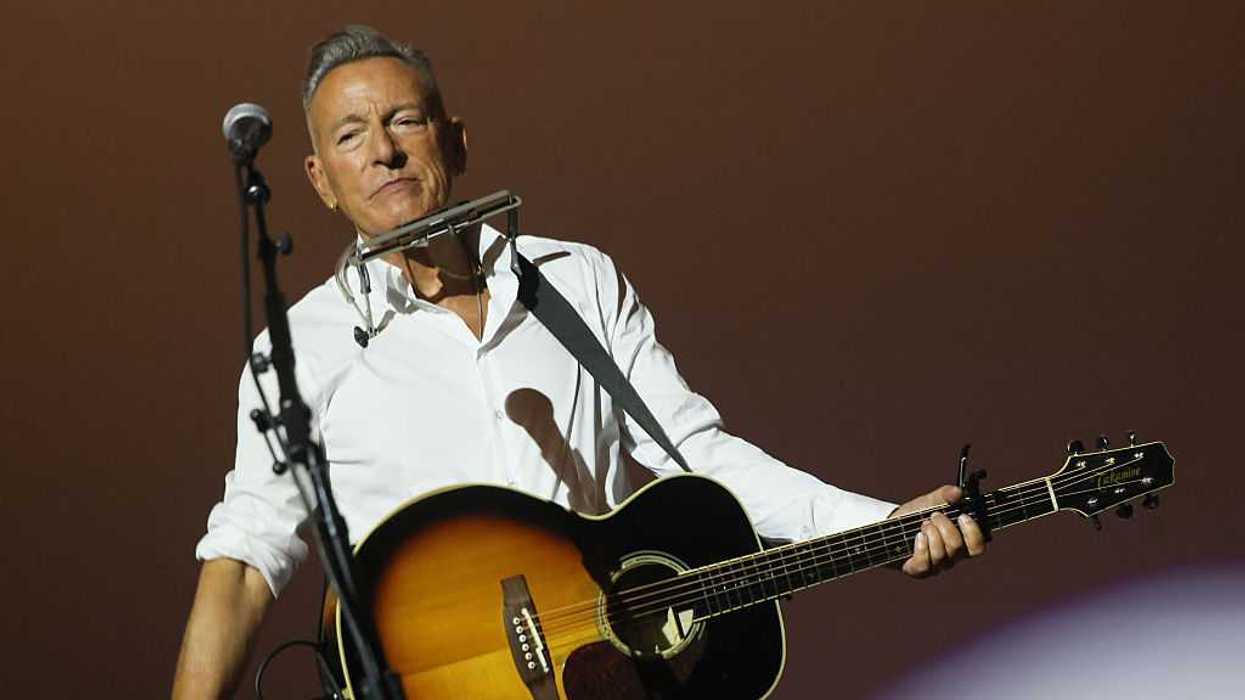On the anniversary of the January 6th insurrection, “The Reunited States” film will have its nationwide PBS Broadcast premiere. At a time when America is ripping apart at the seams, “The Reunited States” is a powerful and urgent documentary that follows four everyday heroes on the difficult journey of bridging our political and racial divides.
Those featured in the film include Susan Bro whose daughter Heather Heyer was killed when a car drove through a crowd of counter protestors at the 2017 Unite the Right rally in Charlottesville, independent politician Greg Orman, Steven Olikara, founder of the Millennial Action Project and David Leaverton who used to work in Republican politics and now is visiting all fifty states in an RV to find out what is causing our divisions.
Inspired by the book of the same name by Mark Gerzon, The Reunited States is a deeply moving portrait of the unsung heroes who have dedicated their lives to depolarization, and are providing solutions for the rest of us to do the same. It urges us to consider that when it comes to polarization, we are all either part of the problem or part of the solution.
The film will have over 870 screenings on local PBS stations across the country and will also be screening on The World Channel, which plays nationwide across all PBS stations, on the below dates:
• Monday, January 10 at 7pm ET
• Tuesday, January 11 at 12am ET (which is 9pm PT on January 10) and 8am ET
• Sunday, January 16 at 4am ET
For more information, visit: https://reunitedstates.tv/



















